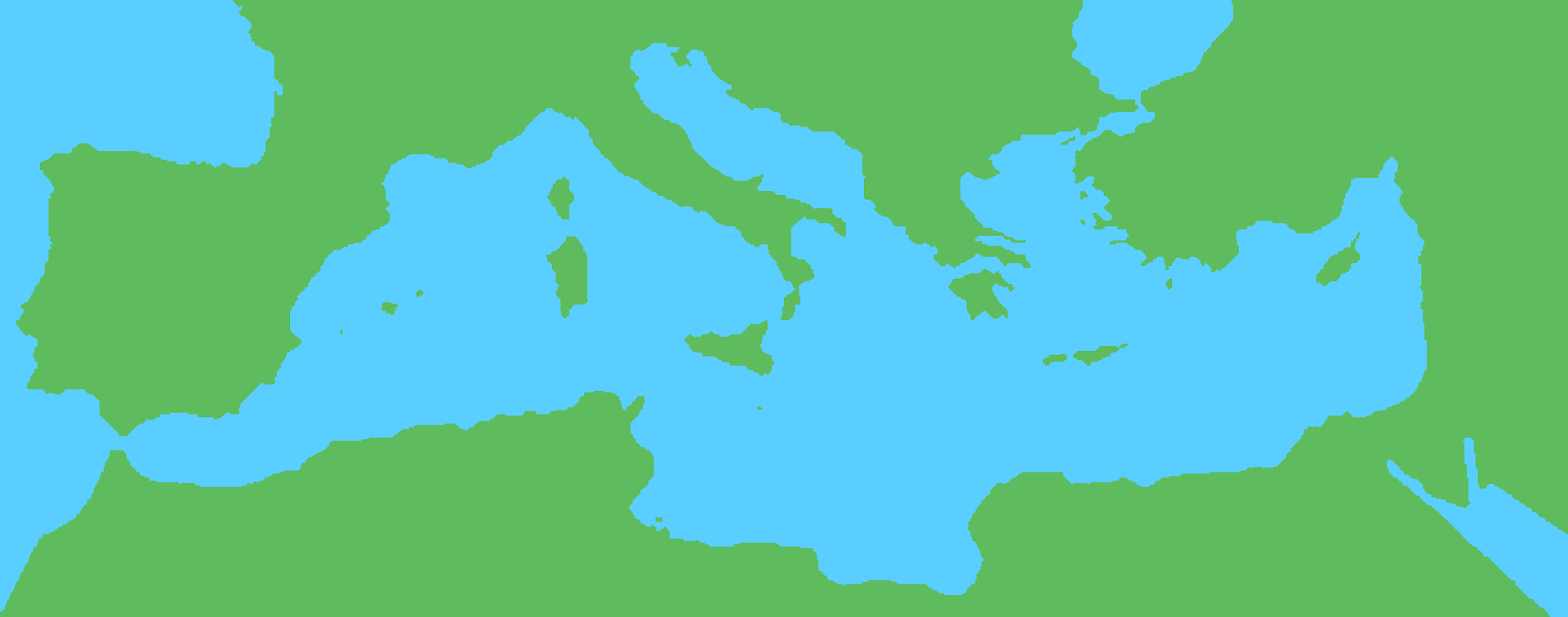Iraq. Fresh protests hit southern Iraq on the weekend (21-22 July). The number of demonstrators killed in the two weeks of unrest is 11 (three in each of the cities Basra, Samawah and Najaf, and one in both the cities of Diwaniyah and Karbala). For more than a week protesters have taken to the streets, questioning how a country that is the second largest producer in the OPEC oil cartel can leave its 38 million citizens so bereft of basic services. At least 11 people have been killed with hundreds more wounded. In order to study the Iraqi protest I suggest this article written by Matthew Schweitzer. Even the security situation is worsening: on 23 July two gunmen stormed the governor’s headquarters in Erbil, the capital of Iraqi-Kurdistan, wounding a policeman.
Libya. On Monday 23 the French Foreign Minister, Jean-Yves Le Drian, traveled to the capital Tripoli for a visit that aims to bridge the gap between the conflicting Libyan parties and bring their views closer together in order to hold elections before the end of the year. In the same days the Italian Defense Minister, Elisabetta Trenta, was in Tripoli for a meeting with the Libyan Defence Minister, Najim Owida, discussing posible tools and policies to block human trafficking from Libyan costs. Trenta also met the Libyan Prime Minister Fayez Serraj, saying that before elections Libya needs reconciliation. Moreover, Libya needs security and stability since militias and terror groups are still very dangerous. For instance, on 24 July gunmen suspected to be linked to IS terrorist group attacked El Agheila checkpoint and police station some 120 kilometers to western Ajdabiya city.
Egypt. A local leader of Daesh’s branch in Egypt’s Sinai Peninsula, Abu Jaafar al-Maqdesi, has been killed by security forces.
Syria. Israel on 22 launched an air strike on a Syrian regime military target in the west of the country. It was the fourth time this month that Syria has accused Israel of bombing a military position in the war-wracked country. In those days Russian Foreign Minister Sergei Lavrov met with Israeli Prime Minister Benjamin Netanyahu in Jerusalem for talks on Iran and the conflict in Syria. ISIS remains military active in the country: on 24 suicide attacks have killed more than 200 people in and around the government-held city of Sweida. State news agency Sana reported one suicide attack in Sweida and said security forces chased and killed two other attackers before they could blow themselves up. An important step towards the solution of the civil conflict was made on 27 when a delegation from the United States-backed Kurdish Syrian Democratic Forces (SDF) traveled to Syria’s capital for talks on the future of the large swath of territory it holds in the country’s northeast. The Syrian Democratic Council (SDC) officials are paying a first official visit to Damascus at the invitation of the government. The SDF controls more than 27 percent of Syrian territory. It holds not only Kurdish-majority areas along the northern border with Turkey but also the Arab-majority city of Raqqa. The SDF backs a federal Syria made up of autonomous cantons in the various regions, including the Kurdish-majority areas of Hasakeh and Kobane. Damascus wanted the SDF to “facilitate the entry of the Syrian army and the return of state institutions into Kurdish-majority areas east of the Euphrates”. In return, it was offering “constitutional recognition for the Kurdish community and its cultural rights.”
Russia Focus
Syrian President Bashar al-Assad said on 27 that Russian forces were needed in the country long-term.
“Russian armed forces are needed for balance in our region, at least in
the Middle East, until the global political balance changes”. Assad
added that Syria’s agreement with Russia over the Hmeimim military base
was signed to last over 40 years, indicating that relations between the
two countries were of a long-term nature.

